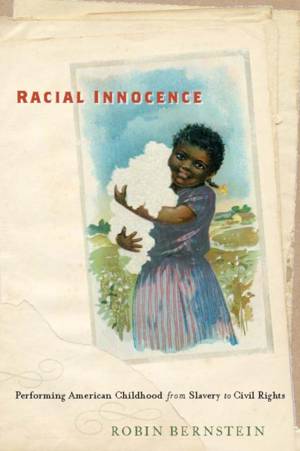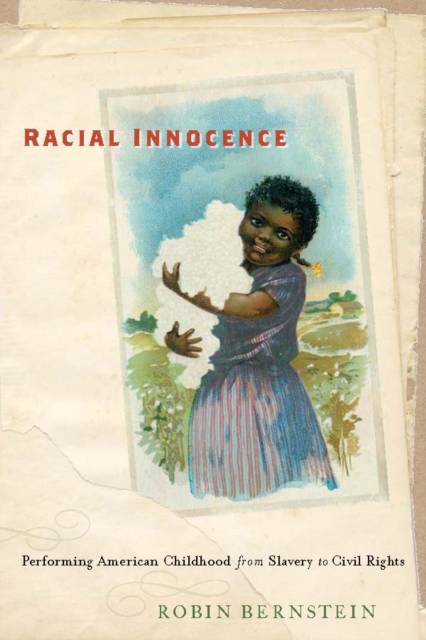
- Afhalen na 1 uur in een winkel met voorraad
- Gratis thuislevering in België vanaf € 30
- Ruim aanbod met 7 miljoen producten
- Afhalen na 1 uur in een winkel met voorraad
- Gratis thuislevering in België vanaf € 30
- Ruim aanbod met 7 miljoen producten
Zoeken
€ 150,95
+ 301 punten
Uitvoering
Omschrijving
2013 Book Award Winner from the International Research Society in Children's Literature
2012 Outstanding Book Award Winner from the Association for Theatre in Higher Education
2012 Winner of the Lois P. Rudnick Book Prize presented by the New England American Studies Association
2012 Runner-Up, John Hope Franklin Publication Prize presented by the American Studies Association
2012 Honorable Mention, Distinguished Book Award presented by the Society for the Study of American Women Writers
Dissects how "innocence" became the exclusive province of white children, covering slavery to the Civil Rights era
Specificaties
Betrokkenen
- Auteur(s):
- Uitgeverij:
Inhoud
- Aantal bladzijden:
- 318
- Taal:
- Engels
- Reeks:
- Reeksnummer:
- nr. 16
Eigenschappen
- Productcode (EAN):
- 9780814787076
- Verschijningsdatum:
- 1/12/2011
- Uitvoering:
- Hardcover
- Formaat:
- Genaaid
- Afmetingen:
- 157 mm x 231 mm
- Gewicht:
- 793 g

Alleen bij Standaard Boekhandel
+ 301 punten op je klantenkaart van Standaard Boekhandel
Beoordelingen
We publiceren alleen reviews die voldoen aan de voorwaarden voor reviews. Bekijk onze voorwaarden voor reviews.











